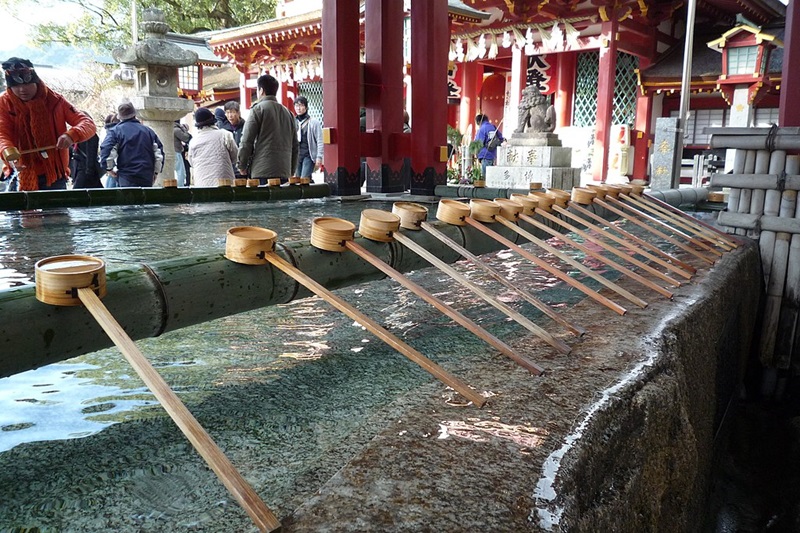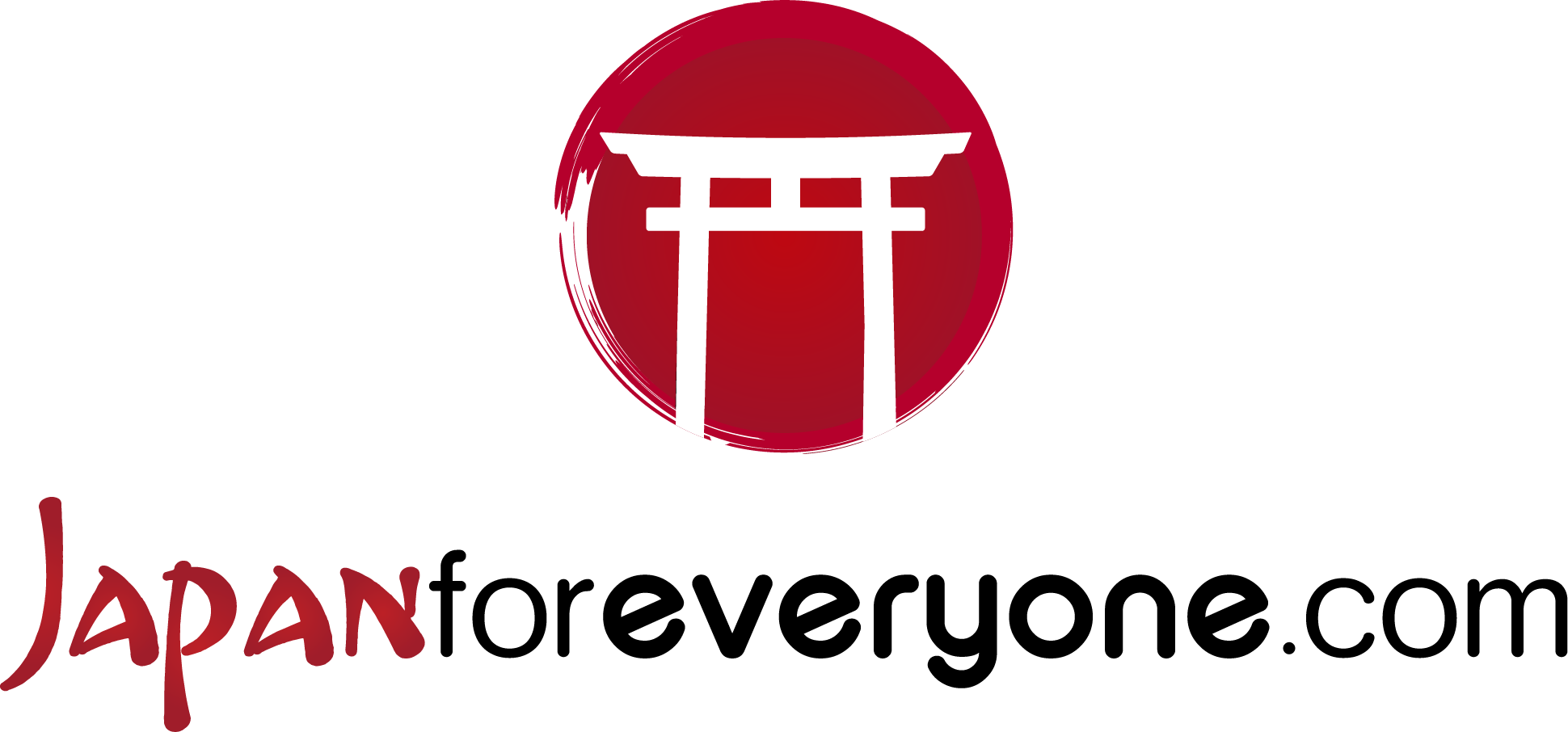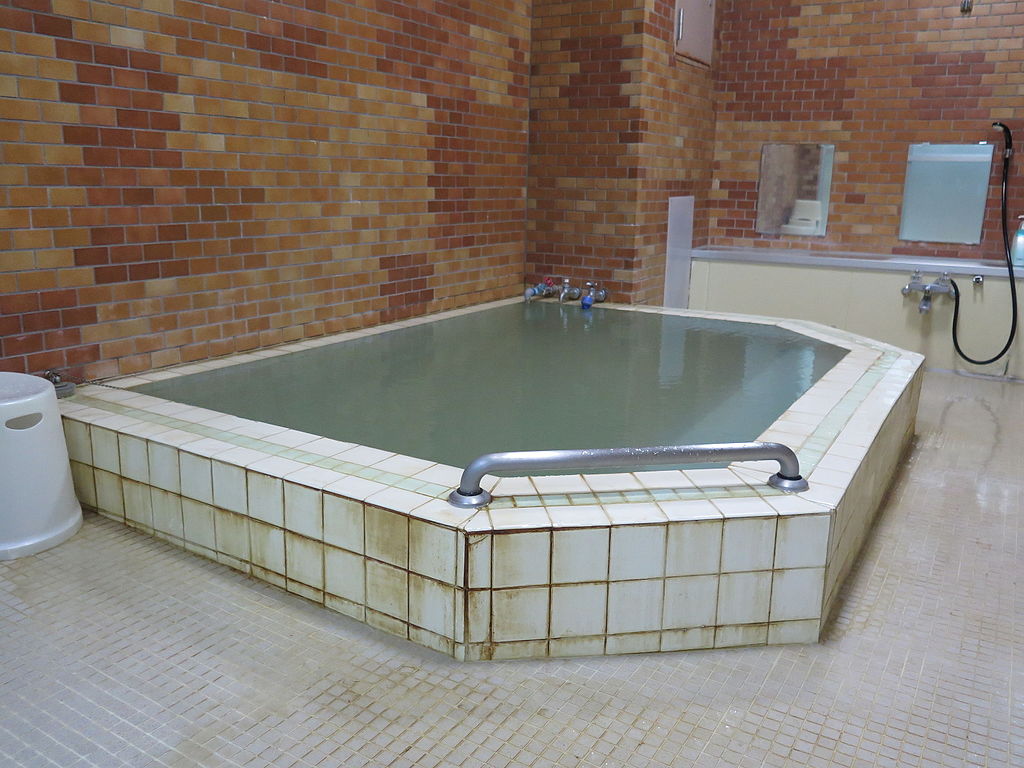How to behave in Japan
Although Japan is now very similar to Western countries, there are rules (as in every country in the World) that must be respected.
From the most common, such as the highway code, to unwritten rules, such as business cards.
Visits to temples and shrines
In Buddhist temples, as on the other hand in our churches or other places of worship, one must maintain a quiet and respectful behaviour. One should not make noise and disturb other people.
When entering a temple, say a short prayer and donate a coin in the offering box. In some temples it is possible to burn incense sticks, which are sold in the temple itself.
If there is an opportunity to enter the temple, take off your shoes and leave them in a shoe rack at the entrance or take them with you in a plastic bag (depending on the temple). It is also good to remember to wear undamaged socks and hats must be removed.
Photos can be taken in the temples where not expressly forbidden. If in doubt, ask the custodians.
Even in Shinto shrines one must behave properly. One should not enter if one is ill, has open wounds or has recently had a bereavement, as these are considered causes of impurity.
At the entrance to the shrine is a purifying fountain (chōzuya). Take a ladle, fill it with fresh water and rinse your hands. Then pass water from the ladle to your hand and rinse your mouth. Do not swallow the water, but spit it out next to the fountain. If there is water left in the ladle, do not throw it into the fountain, but beside it.
In the offering hall, throw a coin into the box, make two deep bows, clap your hands twice and make a high, deep bow. Then make a short prayer. If you find a bell or gong inside, ring it before doing the prayer, to attract the kami’s attention.
Photographs at shrines are usually allowed outside and forbidden inside.

Metro
In subways all over the world there are rules to be respected. Obviously, in Japanese ones, too, there are rules to be followed.
Tickets, passes and prepaid cards. In all underground stations (but also train stations) there are turnstiles at both the entrance and exit. The ticket, pass or card must be used both on entry and exit (otherwise the turnstile will not open).
Tickets and passes must be inserted into the slots and taken back immediately after the turnstile, while prepaid cards must be placed on the reader.
Escalators. On escalators, keep to the right (or left) according to the city you are in and leave the passage clear for people in a hurry.
At the tracks. On the platform platforms there are coloured lines with numbers marked on the ground, these indicate where to queue and the number of carriages that will stop there. BEWARE of the queue. In Japan you queue everywhere and woe betide you if you get out of line.
In the carriages. Inside the train, it is forbidden to keep your smartphone ringtone on. It is also rude to talk loudly and answer your mobile phone.
LERK, CC BY-SA 3.0, via Wikimedia Commons
Things NOT to do
It is bad manners to blow your nose in public. In fact you will hear many people ‘blowing’ their noses.
Smoking in the street is forbidden. There are special areas for doing so. On the other hand, it is possible to do so in many places.
Avoid eating while walking, so as not to risk dirtying others. Instead, it is common practice to eat on the train (bento).
At restaurants, do not play with chopsticks (e.g. simulating playing drums) and do not stick them in rice.
Do not kiss in public. Affection is frowned upon.
Do not park rented bicycles anywhere, there are clearly defined parking spaces (you will be given a map).
Do not open or close taxi doors manually, the driver will do it with an automatic mechanism.
When paying at the cashier’s desk, do NOT give the money to the cashier, but place it in the tray provided. The change will be given to you instead. As a rule, you also pass items by holding them with both hands (see business cards).
Phrasebook
Arigatou gozaimasu = thank you
Sumimasen = excuse me
Ohayo gozaimasu = good morning (in the morning as soon as you wake up)
Oyasuminasai = good night
Konnichiwa = good morning
Konban wa = good evening
Business card
If you go to Japan on business, you should definitely NOT forget to bring your business cards.
When handing out your business card, do it with two hands. Take your interlocutor’s business card, read it and put it away very carefully.
The exchange of business cards is almost ‘sacred’ in Japan.


